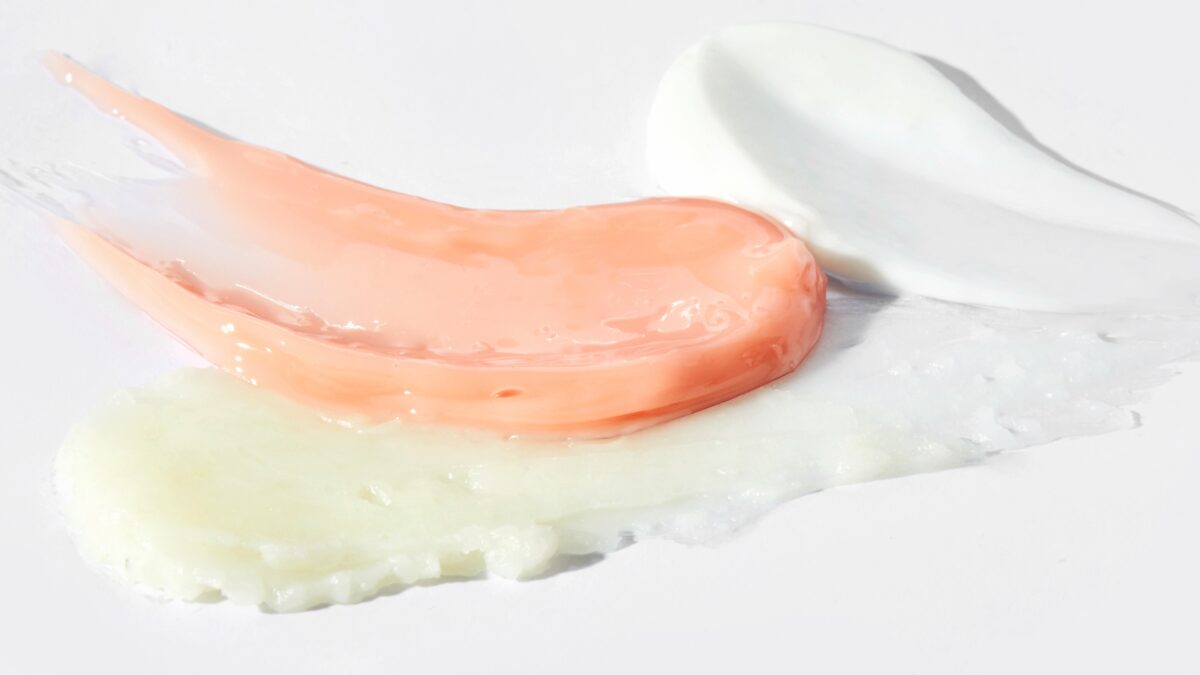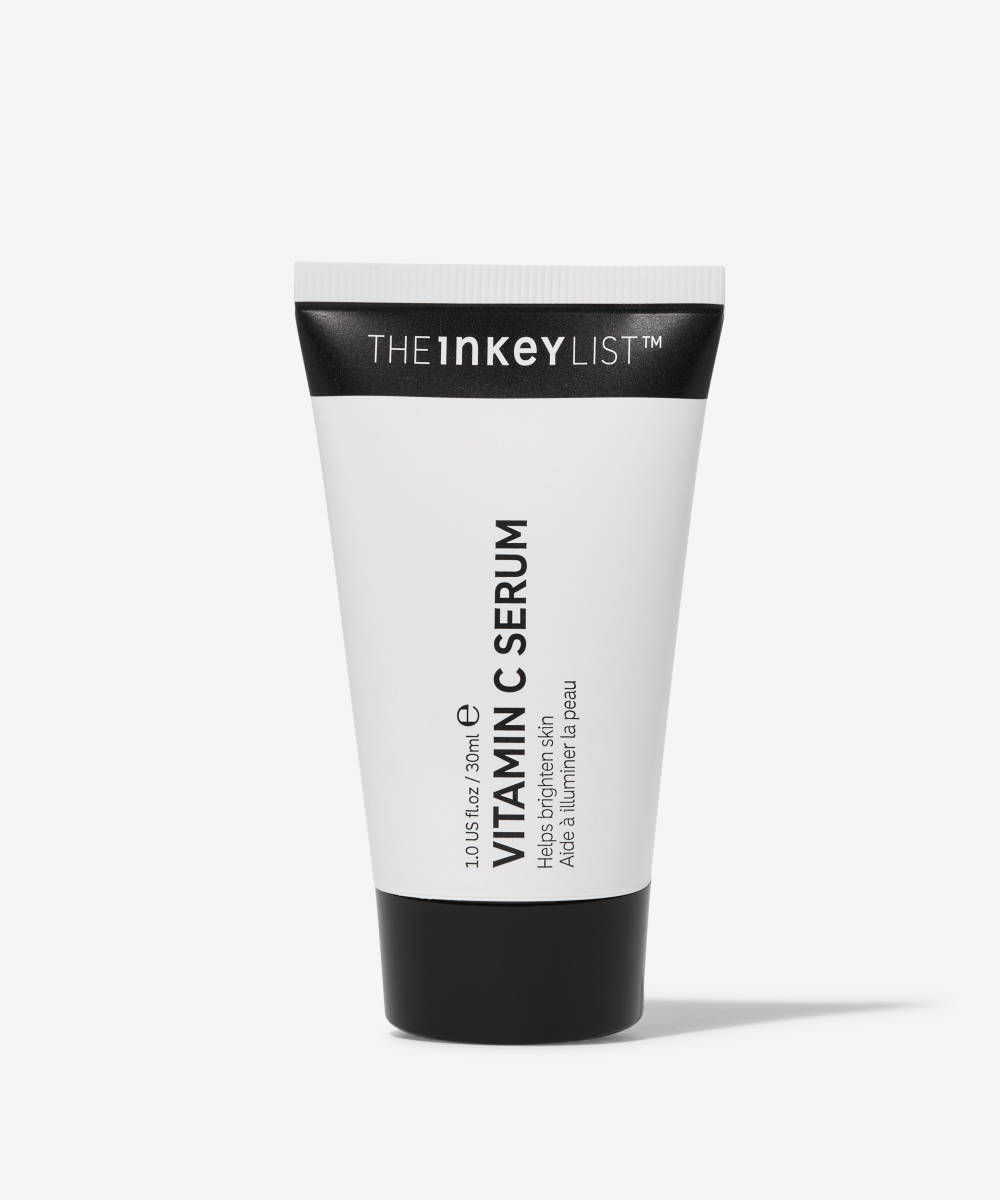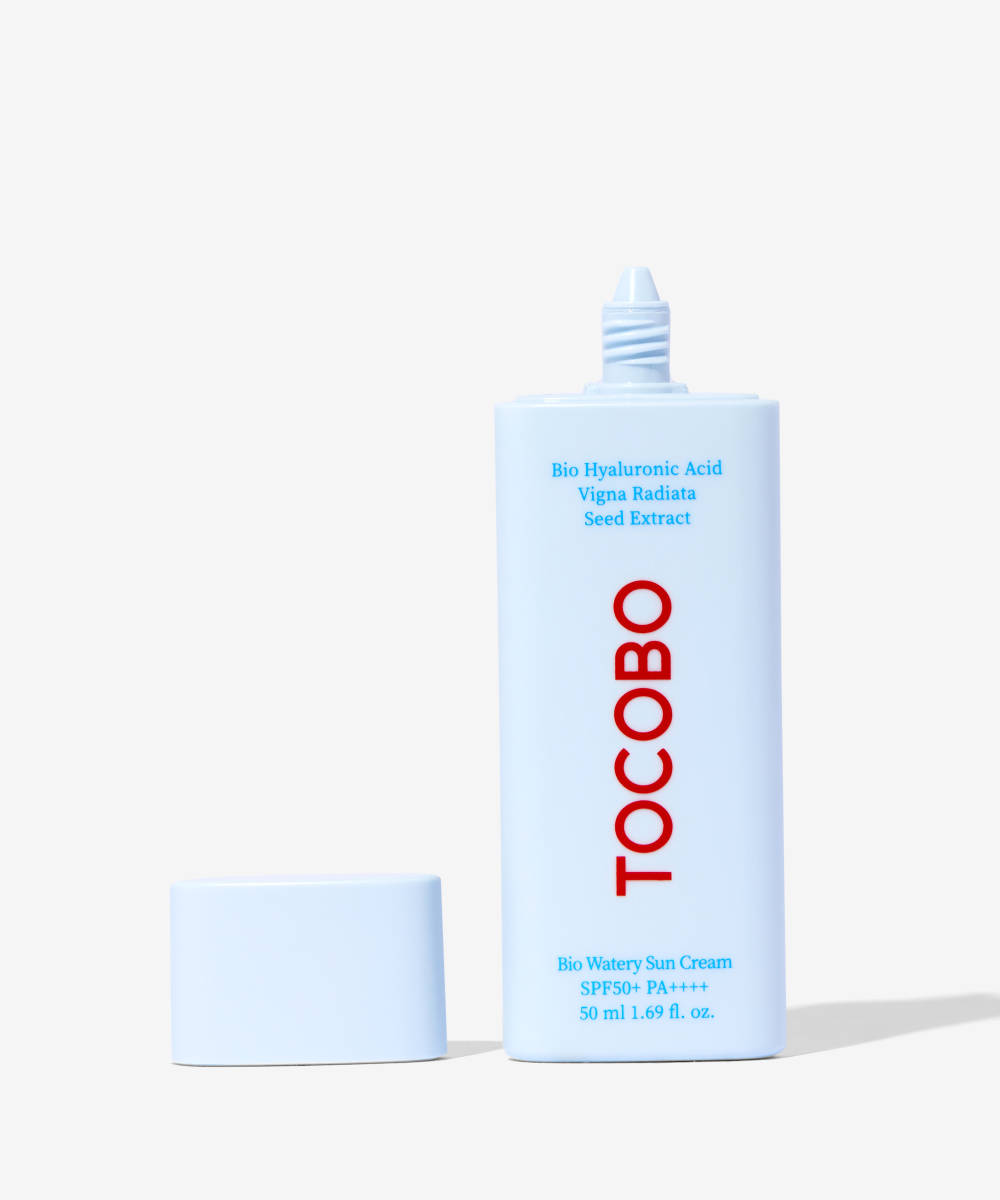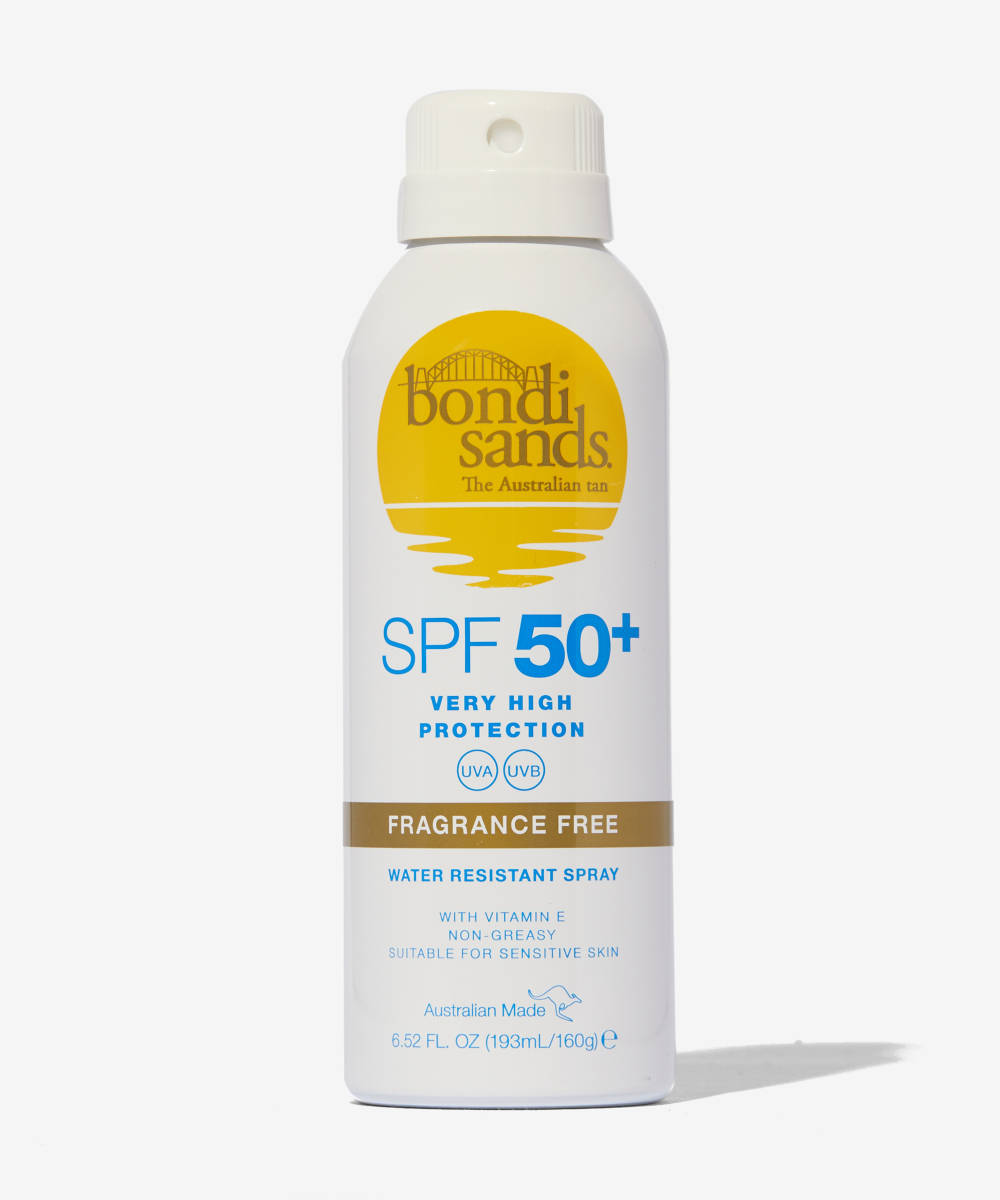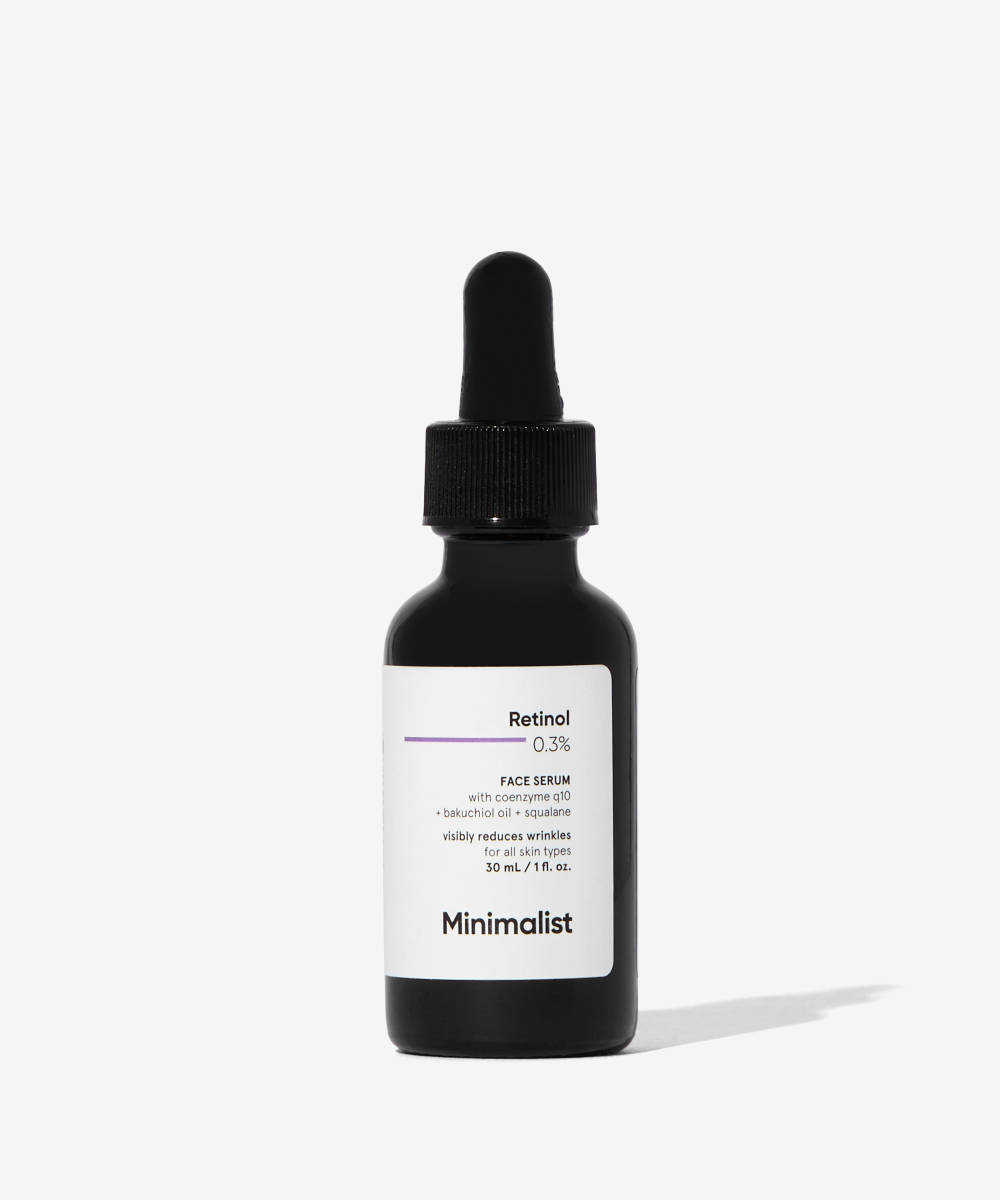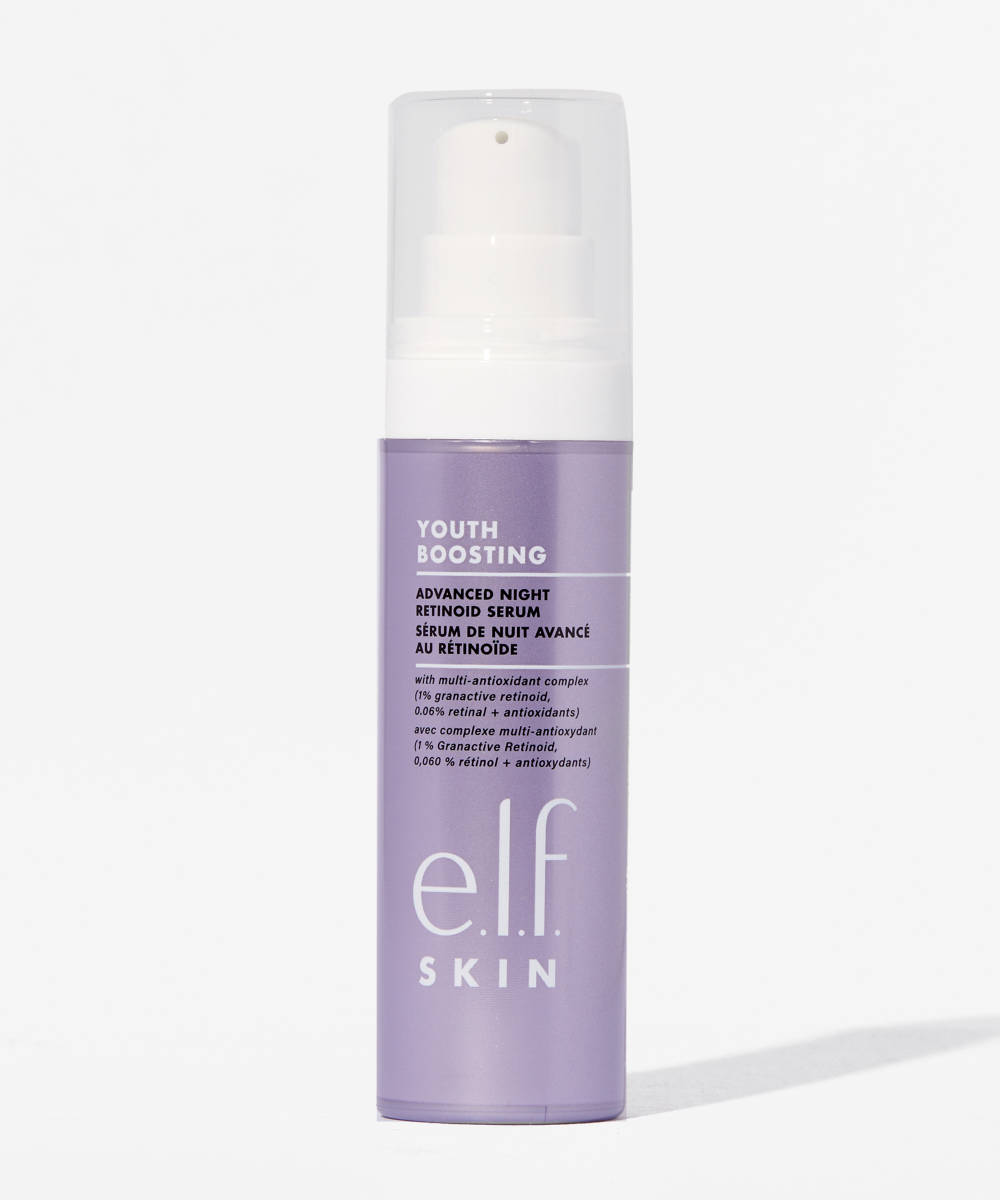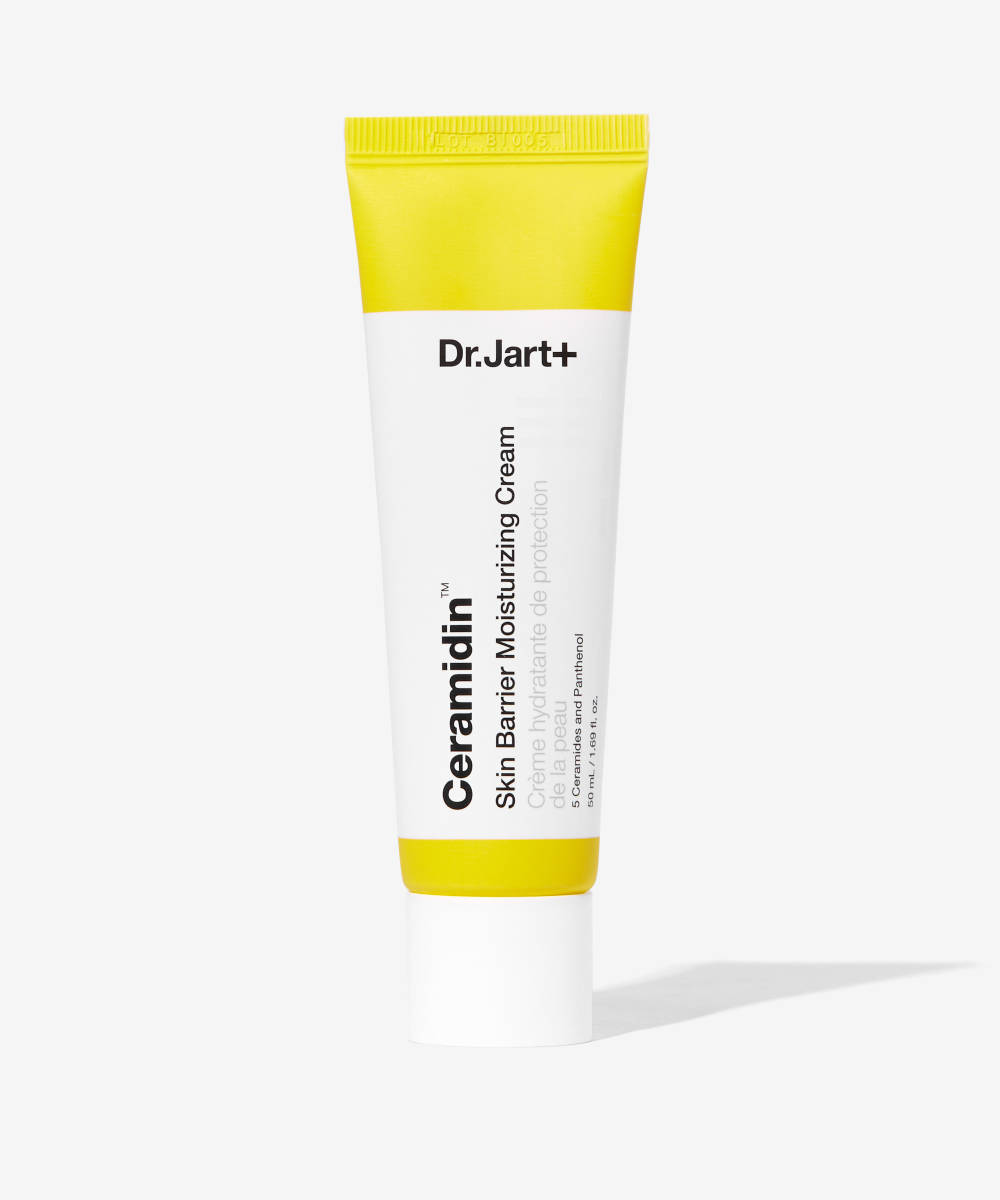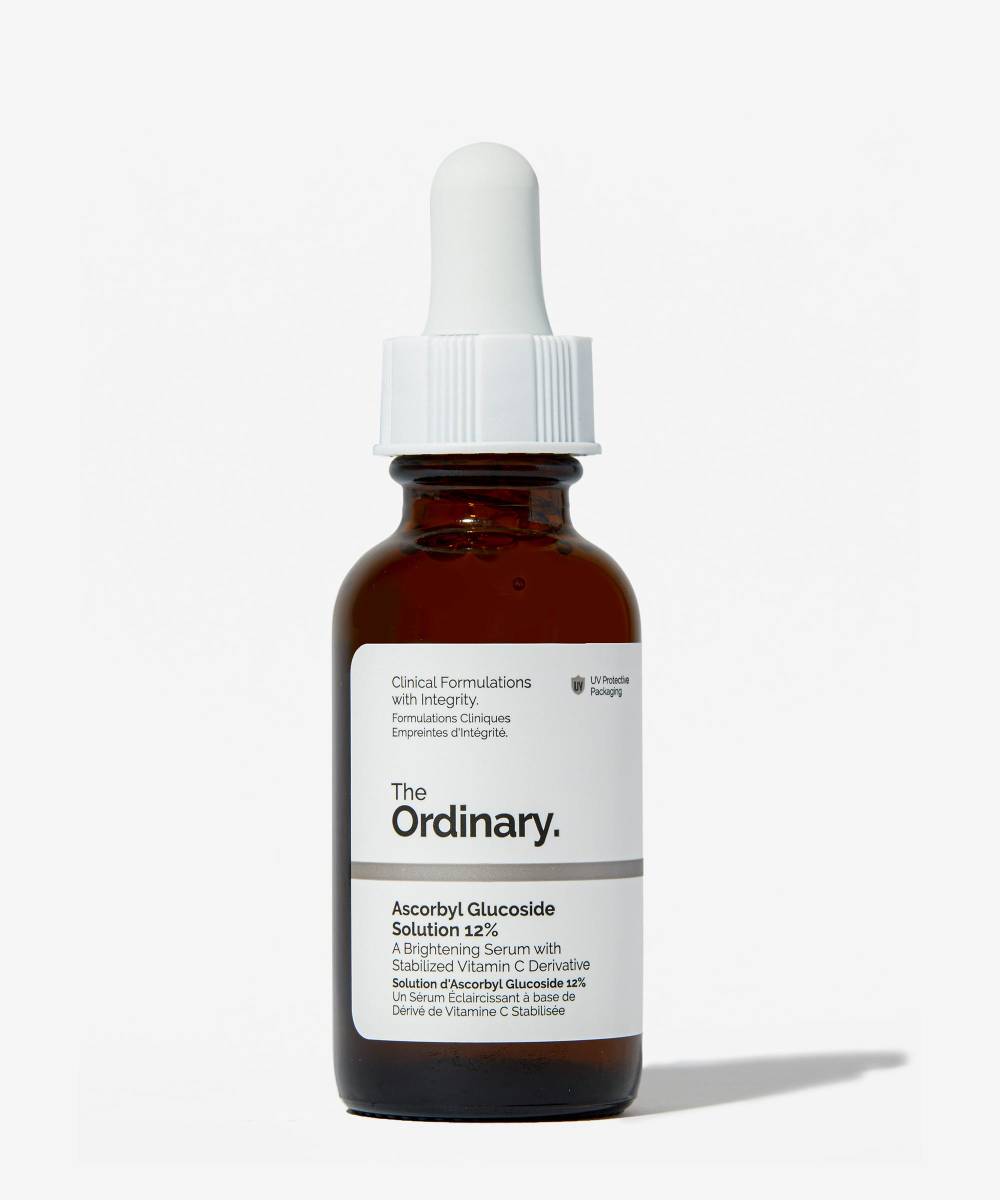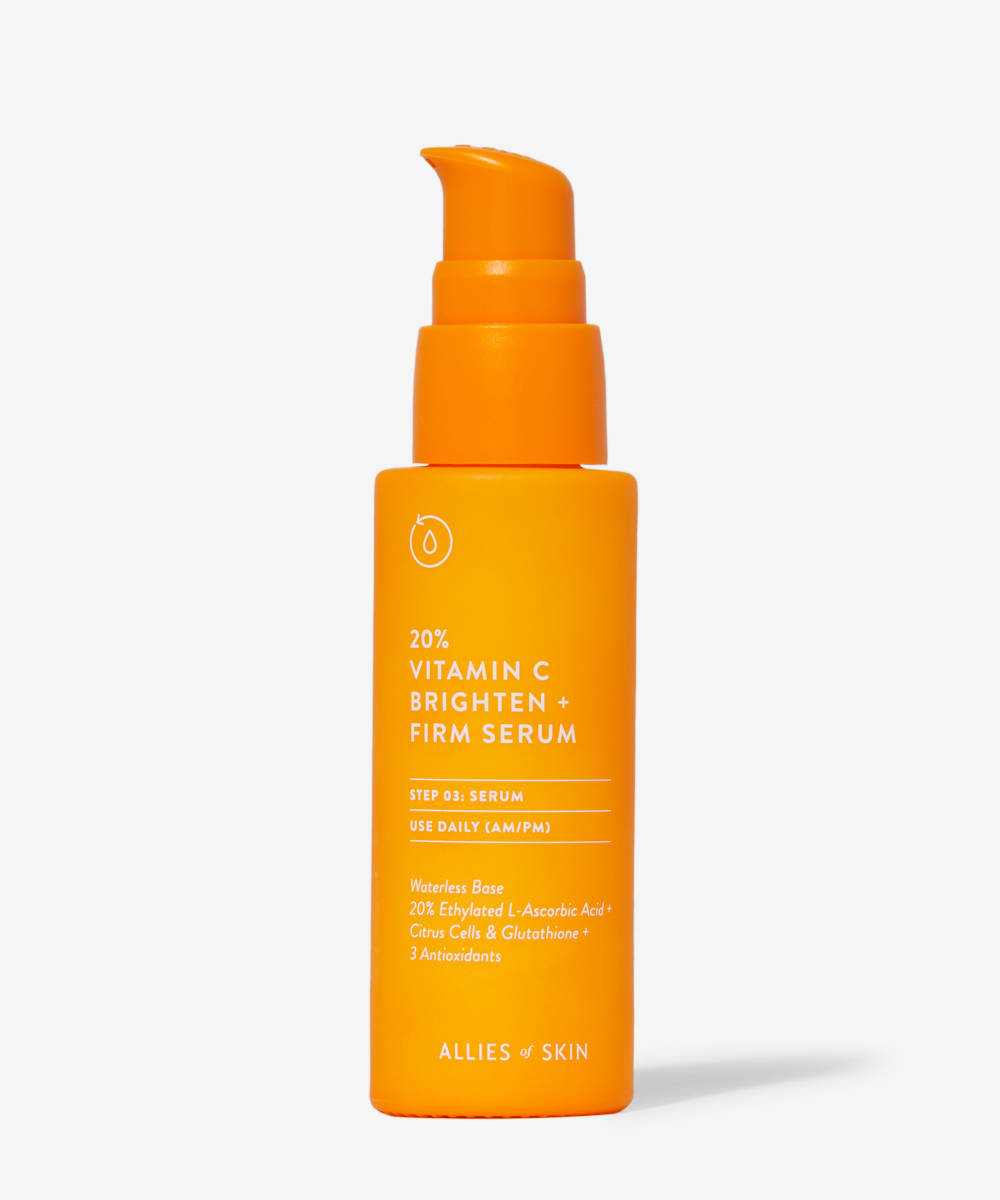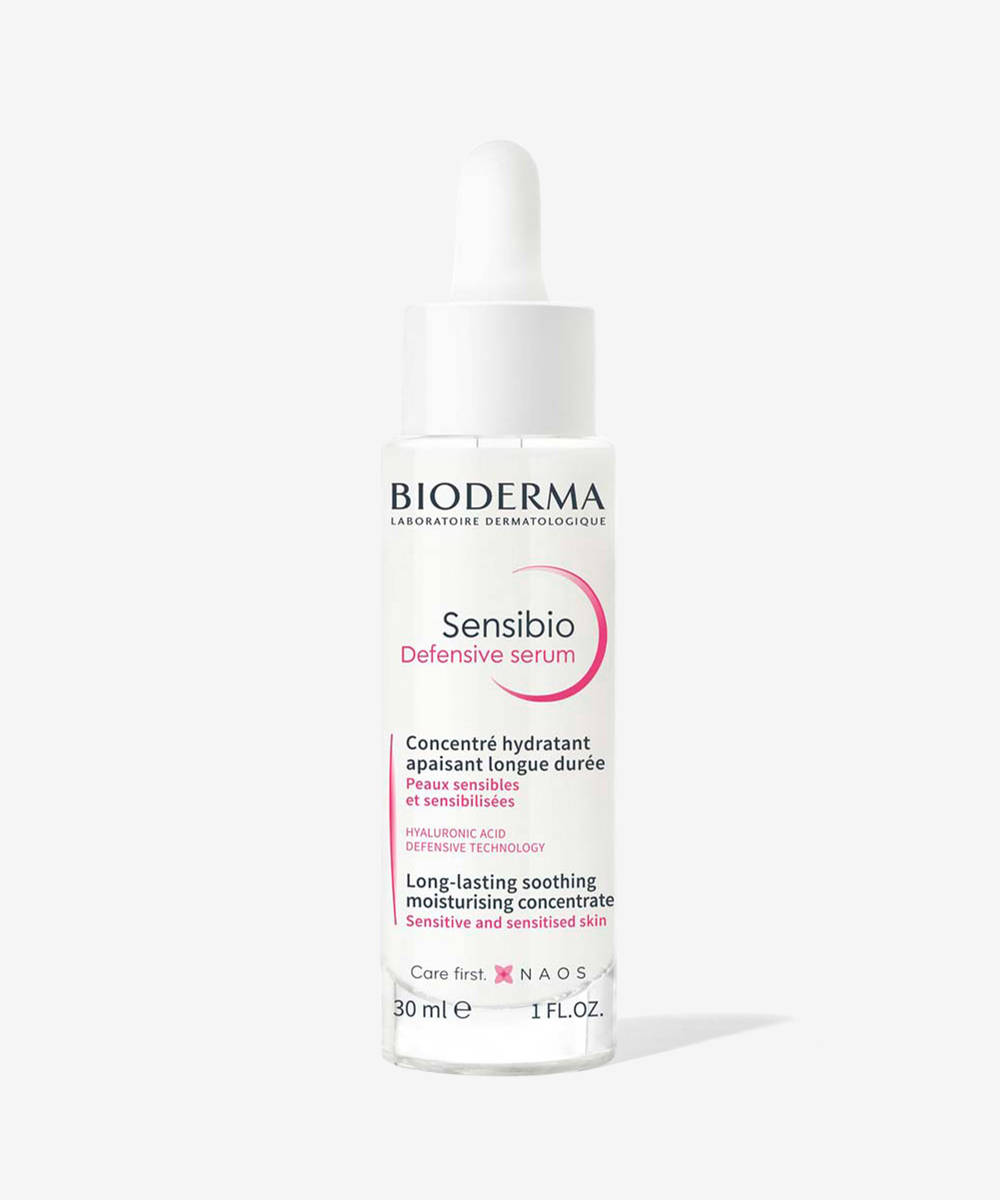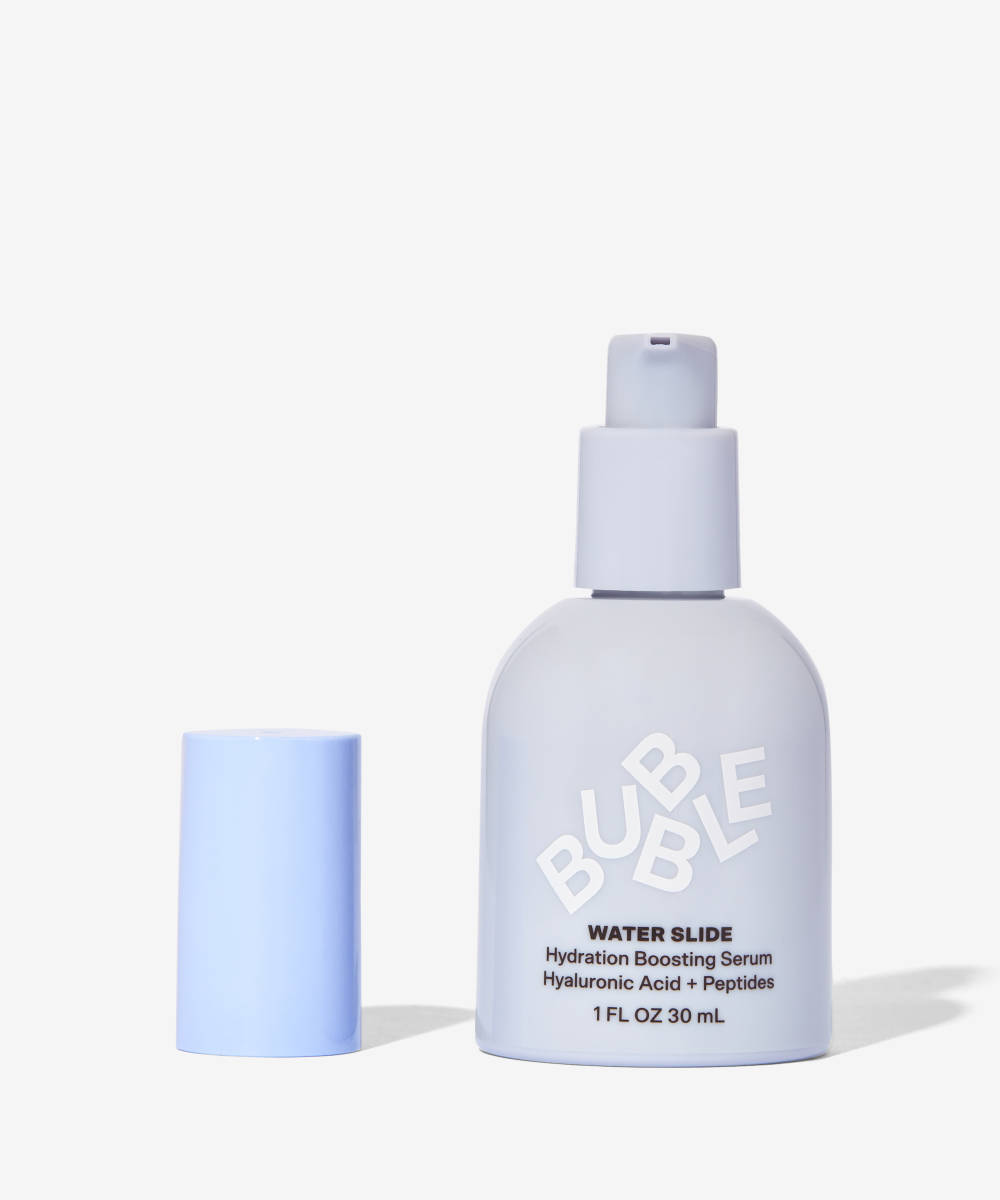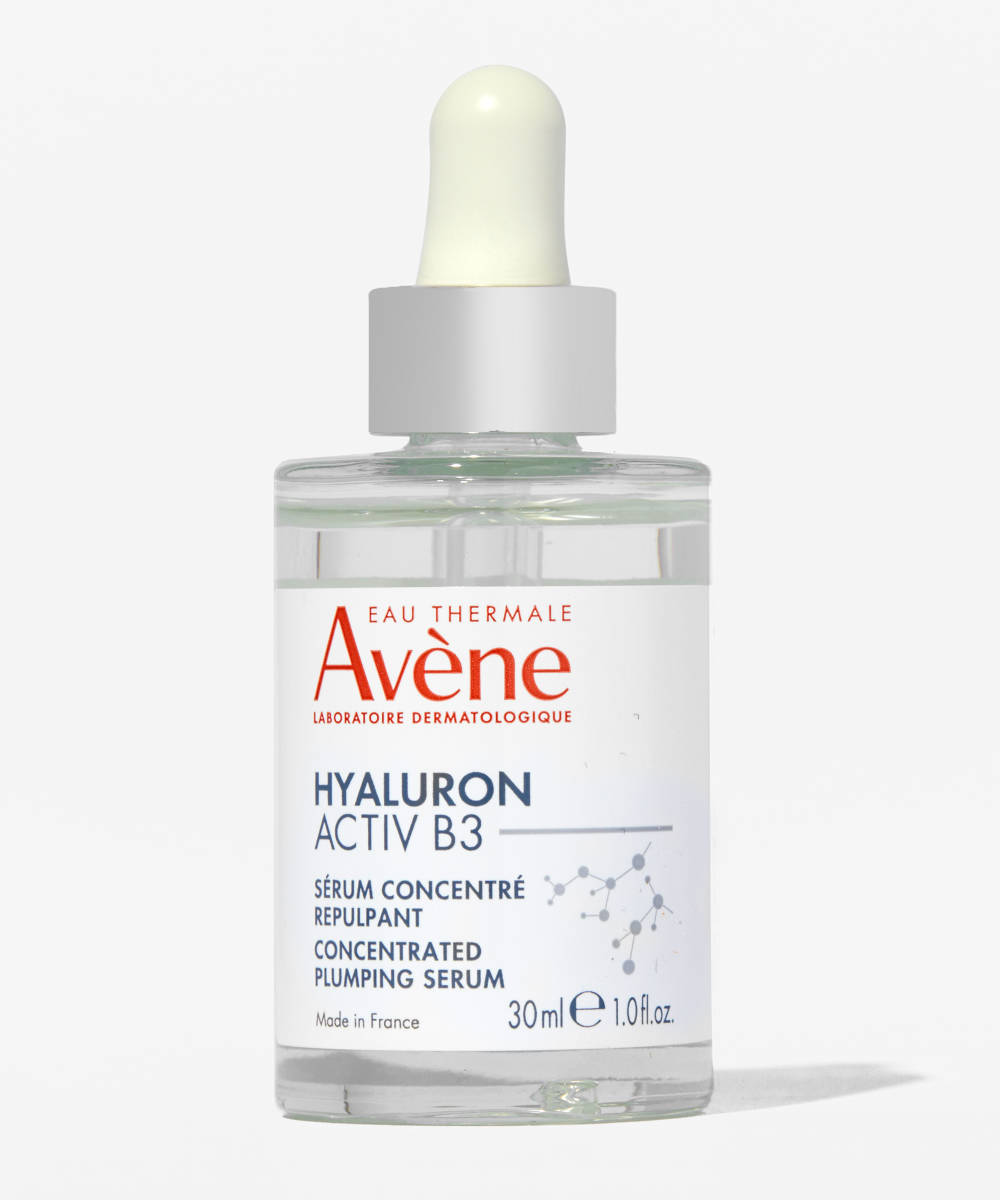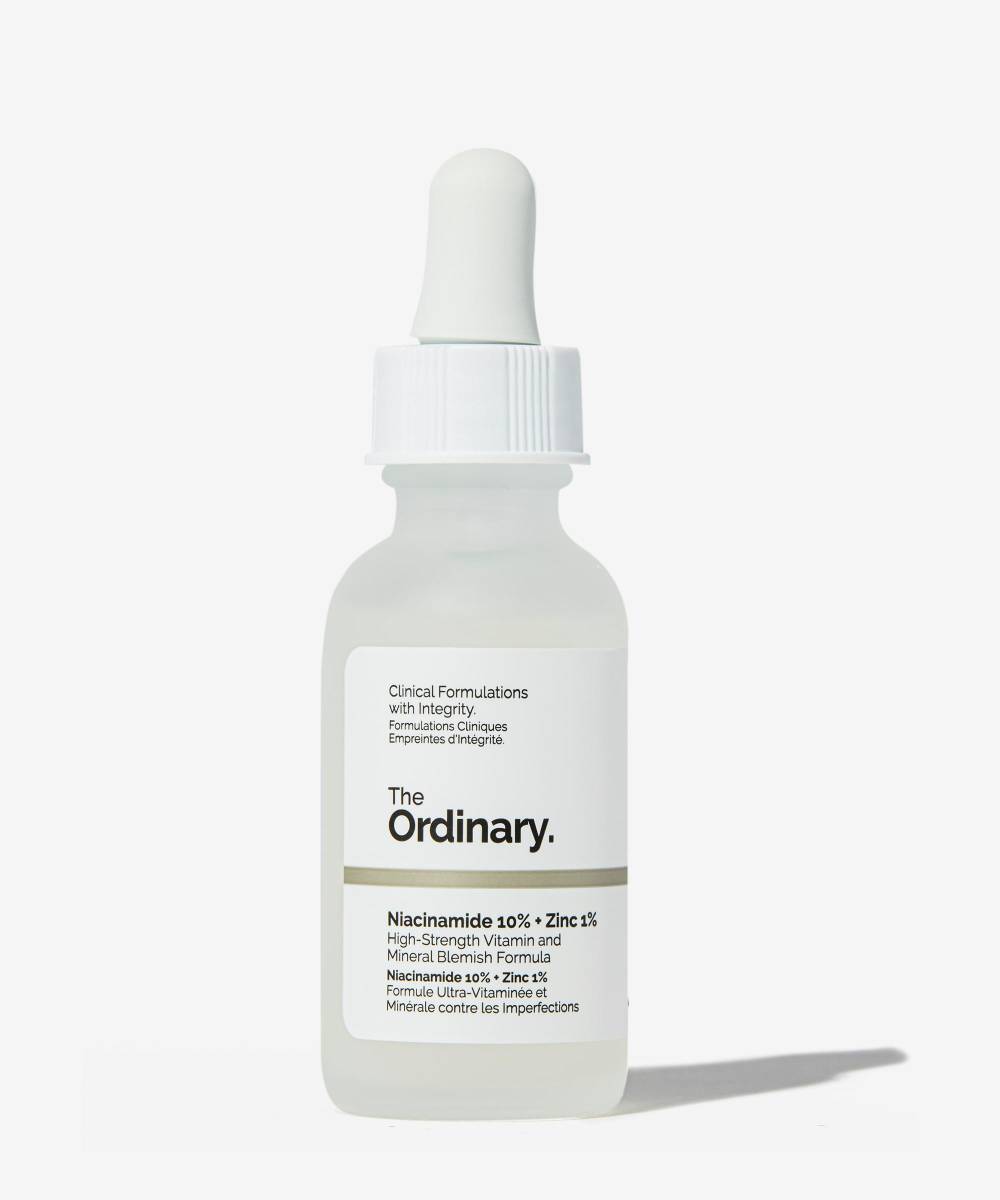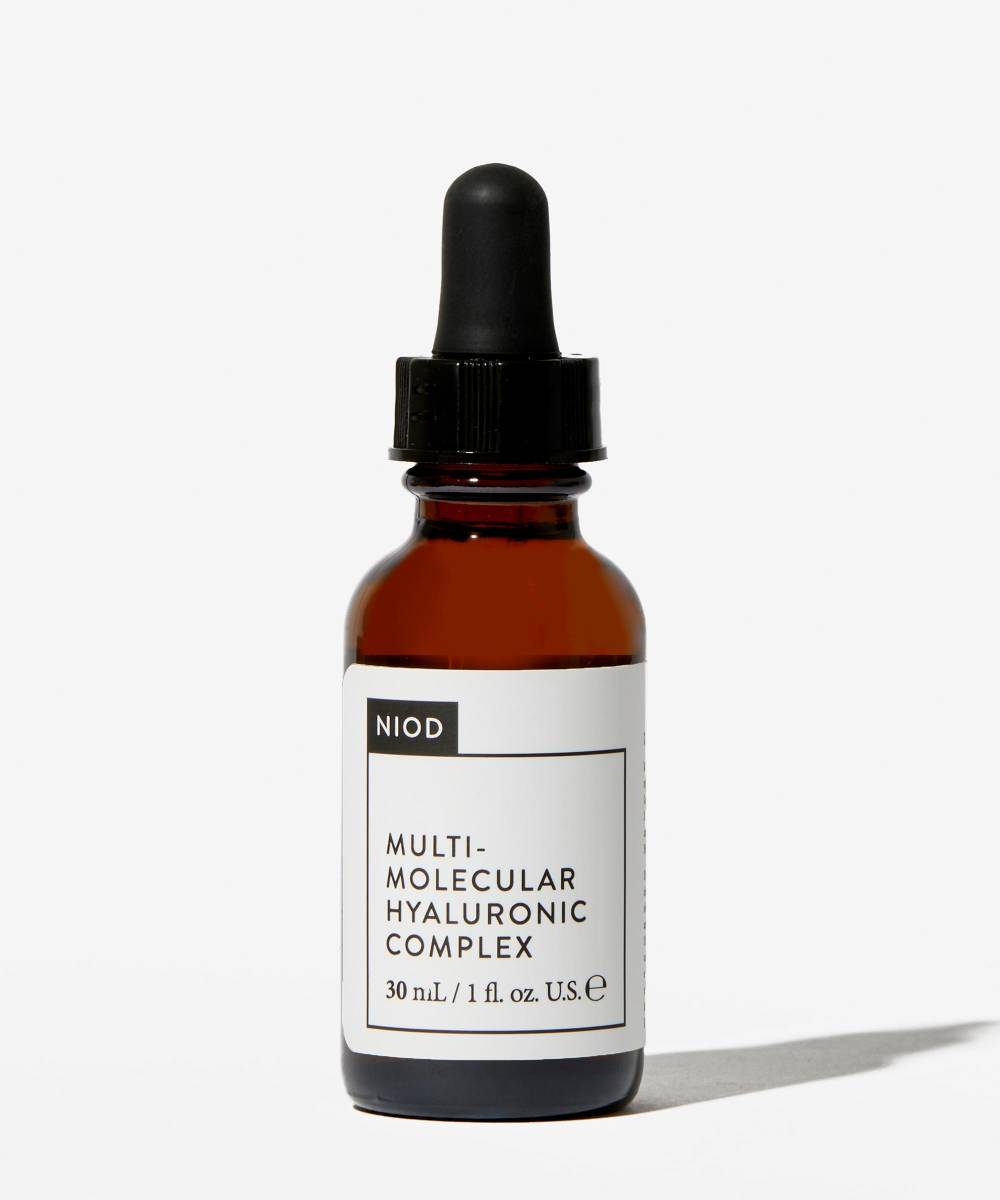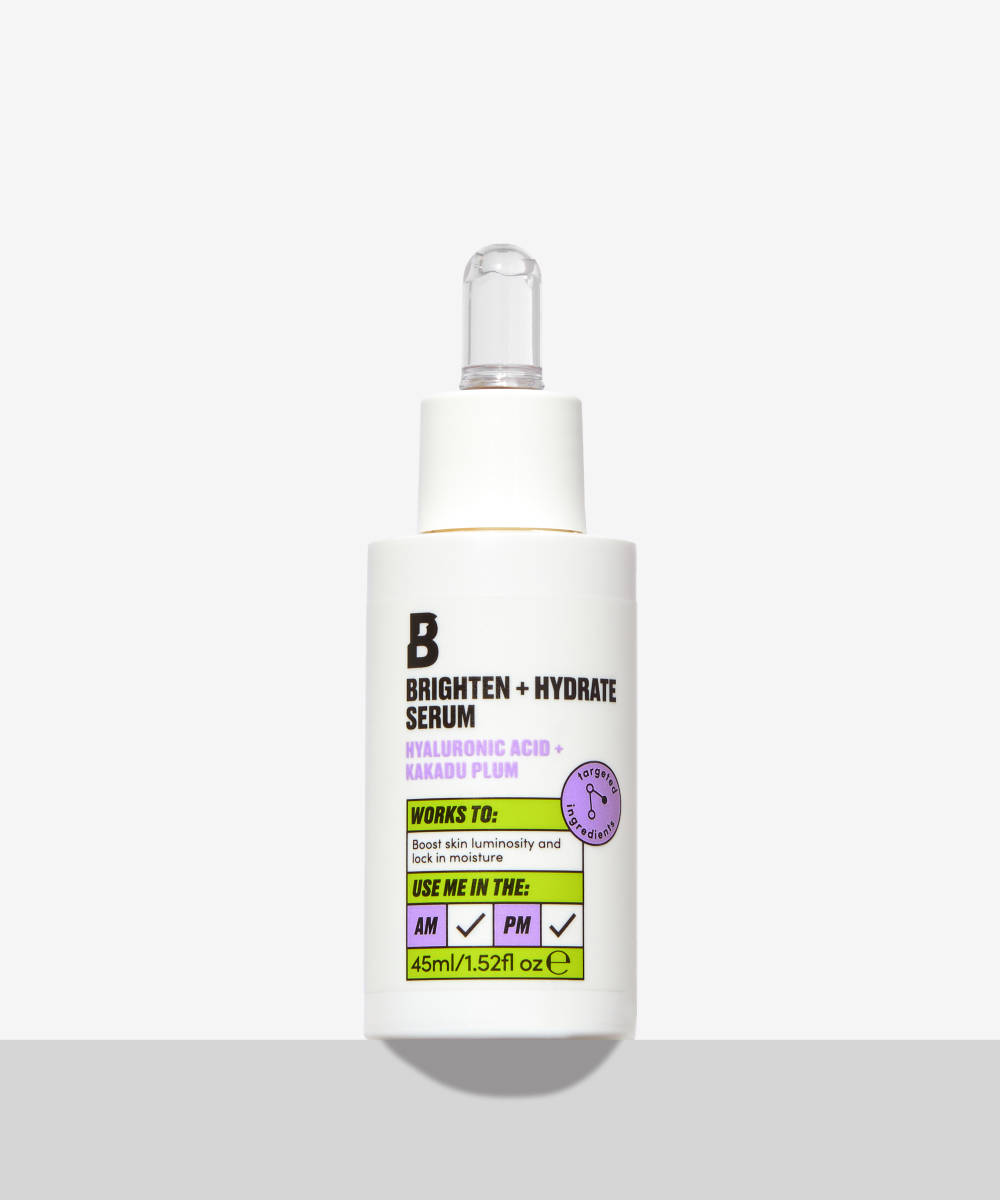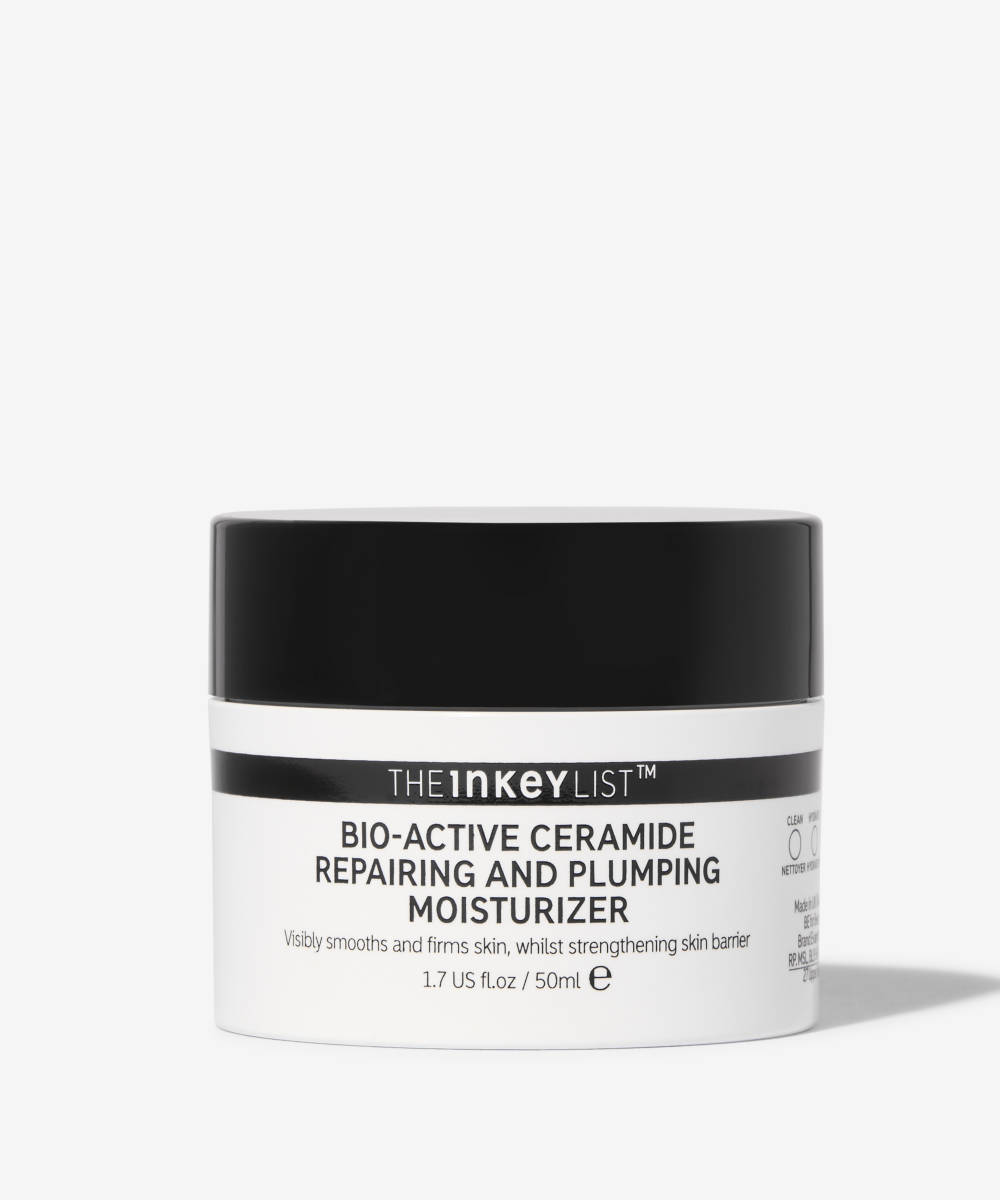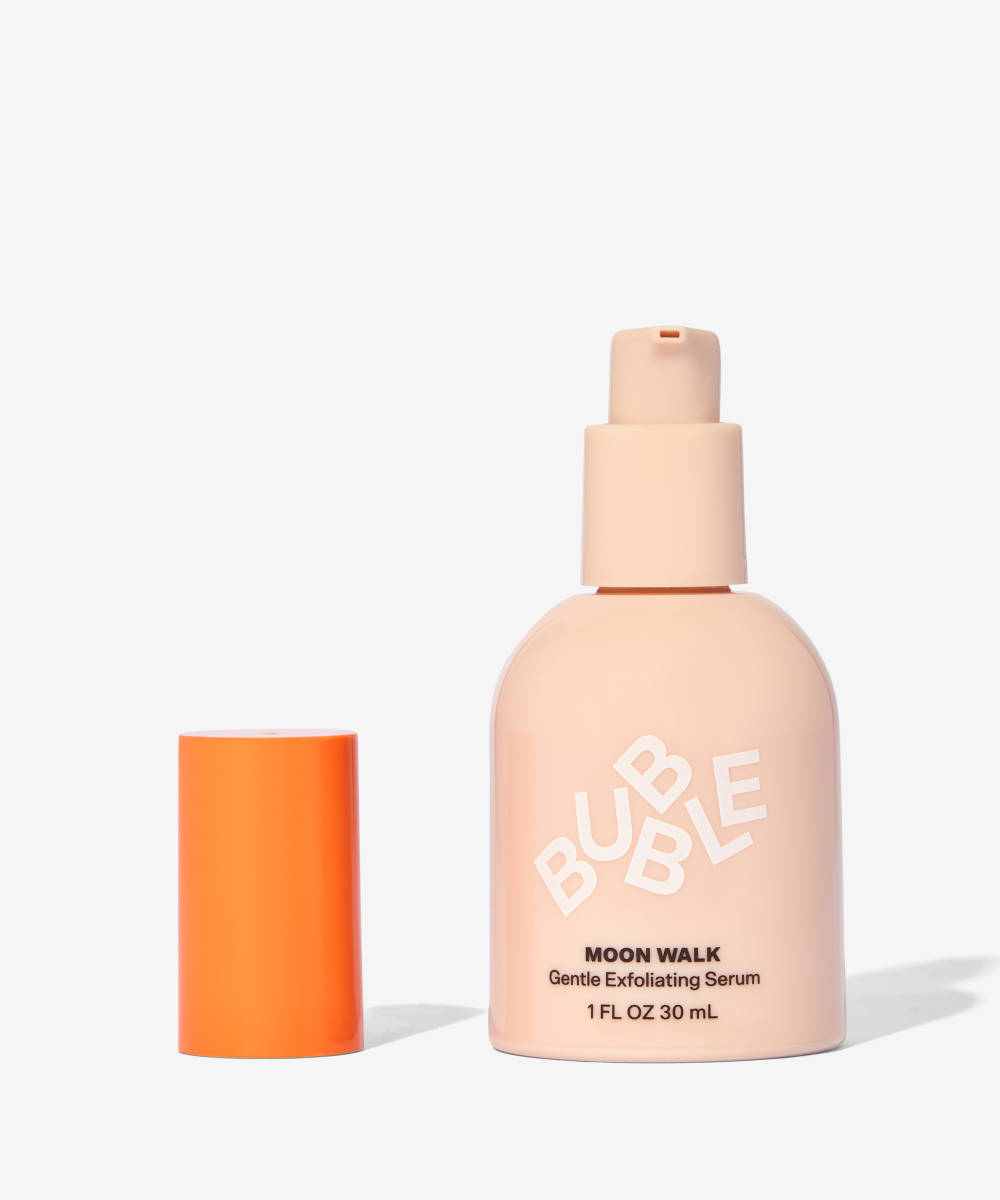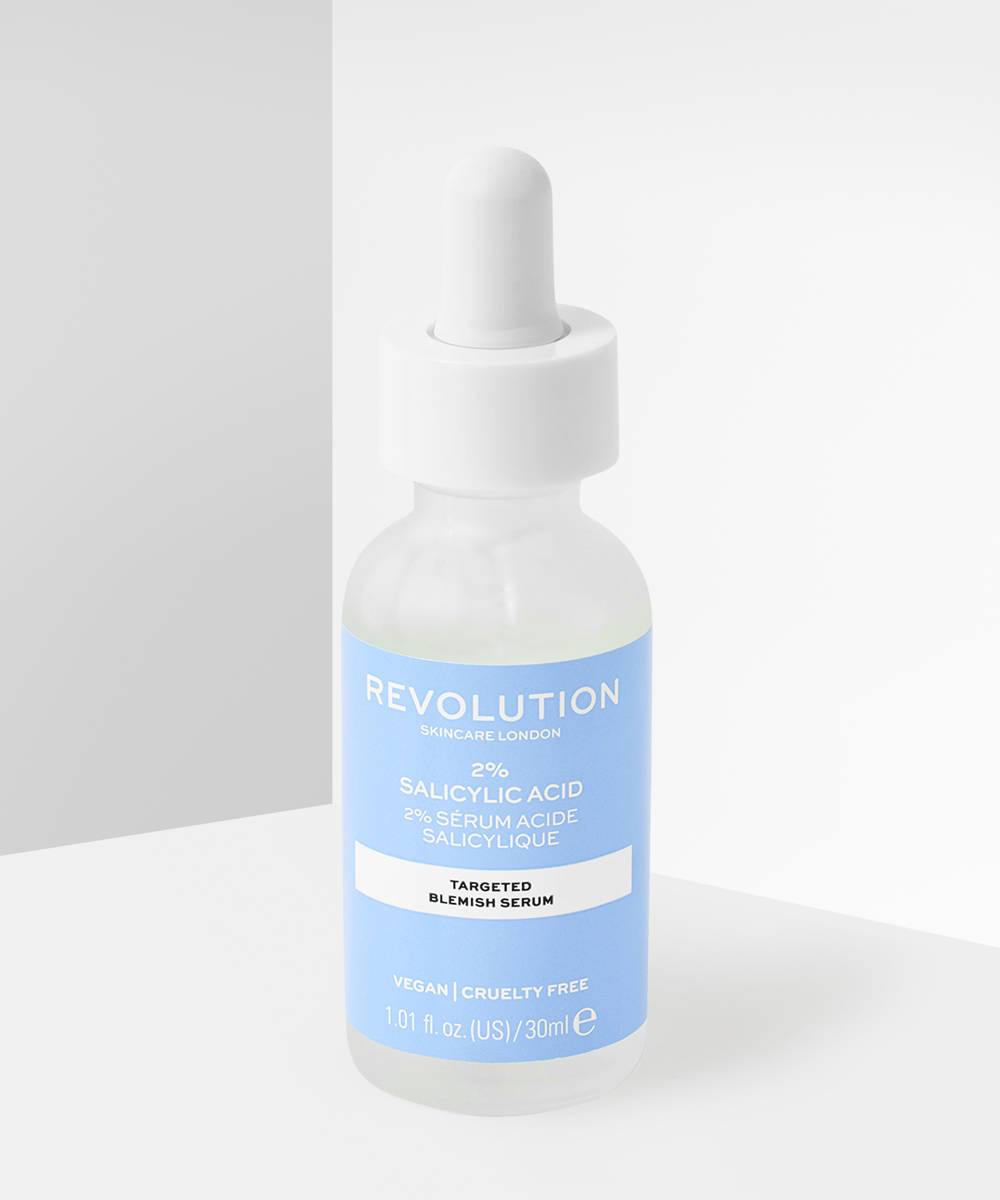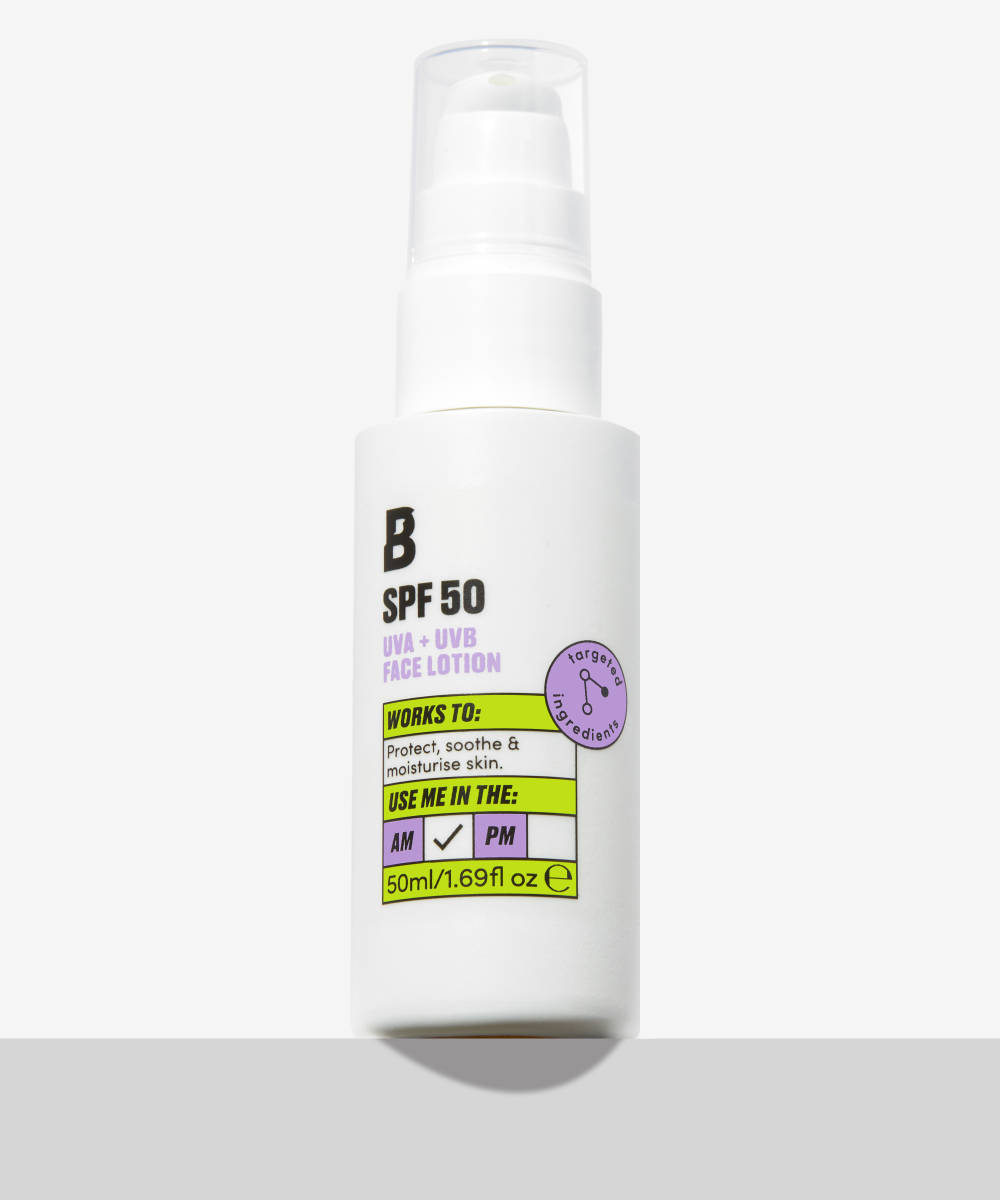There’s a certain amount of science involved when it comes to building the perfect skincare routine… We wrote all about the skincare ingredients that you shouldn’t layer together, but did you know there are plenty of pairs that can be mixed, matched, and layered without causing negative reactions? In fact, many of them have extra benefits when combined. Some ingredients can counteract the potentially irritating side effects of others, some can make up for what the other ingredient lacks, and some ingredients can actually boost the efficacy of each other.
Scroll down to meet the skincare ingredients that when paired up, make the perfect combo.
1. Vitamin C + SPF
Vitamin C provides antioxidant benefits which pair well with the protective powers of sunscreen to enhance skin’s defense from sun exposure and pollution during the day time. In fact, research shows that combining vitamin C and SPF can help to prevent long-term pigmentation (age spots) from sun damage. Plus, while the SPF works to protect skin from UV damage, vitamin C can help to reduce and repair the damage that may occur from any UV rays that do make it through.
2. Retinoids + Ceramides
Because ceramides are so gentle and well tolerated by every skin type, they can be layered with some of the most reactive ingredients, including retinoids, without causing a bad reaction. They’re actually an ideal pairing if you’re new to using retinoids, which can sometimes cause dryness and irritation. Ceramides help to strengthen the skin’s natural barrier, which reduces any chances of irritation and sensivtivity.
3. Vitamin C + Vitamin E
Rich in antioxidants, vitamin E soothes and protects skin from environmental stressors and aggressors – so you’ll often see it mixed with vitamin C (which has the same benefits). Not only do the two vitamins stabilise each other and boost each other’s efficacy, but because vitamin E is oil-soluble and vitamin C is water-soluble, they penetrate skin in different ways, ensuring everywhere gets an antioxidant boost.
4. Hyaluronic Acid + Niacinamide
Despite the scary-sounding name, hyaluronic acid is incredibly gentle, and is one of the few ingredients that works well for any and every skin type. A potent humectant (it draws moisture into the skin), hyaluronic acid is beneficial to all skin types and concerns—as is niacinamide. With benefits that range from brightening pigmentation to reducing redness and stabilising sebum production, niacinamide is a great all-rounder for overall skin health. If you want brighter, healthier skin, this duo works every time.
5. Hyaluronic Acid + Ceramides
While hyaluronic acid works by drawing moisture into the skin, if you’re not sealing that moisture in, it will easily escape (rendering your hyaluronic serum redundant). Ceramides are one of the main components of our skin barrier, which is responsible for preventing dehydration, but can only work effectively when it’s strong and healthy. Layer a serum or moisturiser containing ceramides over your hyaluronic acid seurm to ensure that the skin barrier is fortified and moisture is sealed in.
6. AHAs/BHAs + SPF
Exfoliating acids like AHAs and BHAs stimulate skin cell turnover, which makes your skin more sensitive to UV damage. For this reason, most dermatologists recommend using products containing any exfoliating ingredients at night time, but if you do use an acid-based serum during the day, it’s even more essential that you apply an SPF50 sunscreen too.
FYI: This story was previously published at an earlier date and has since been updated.
